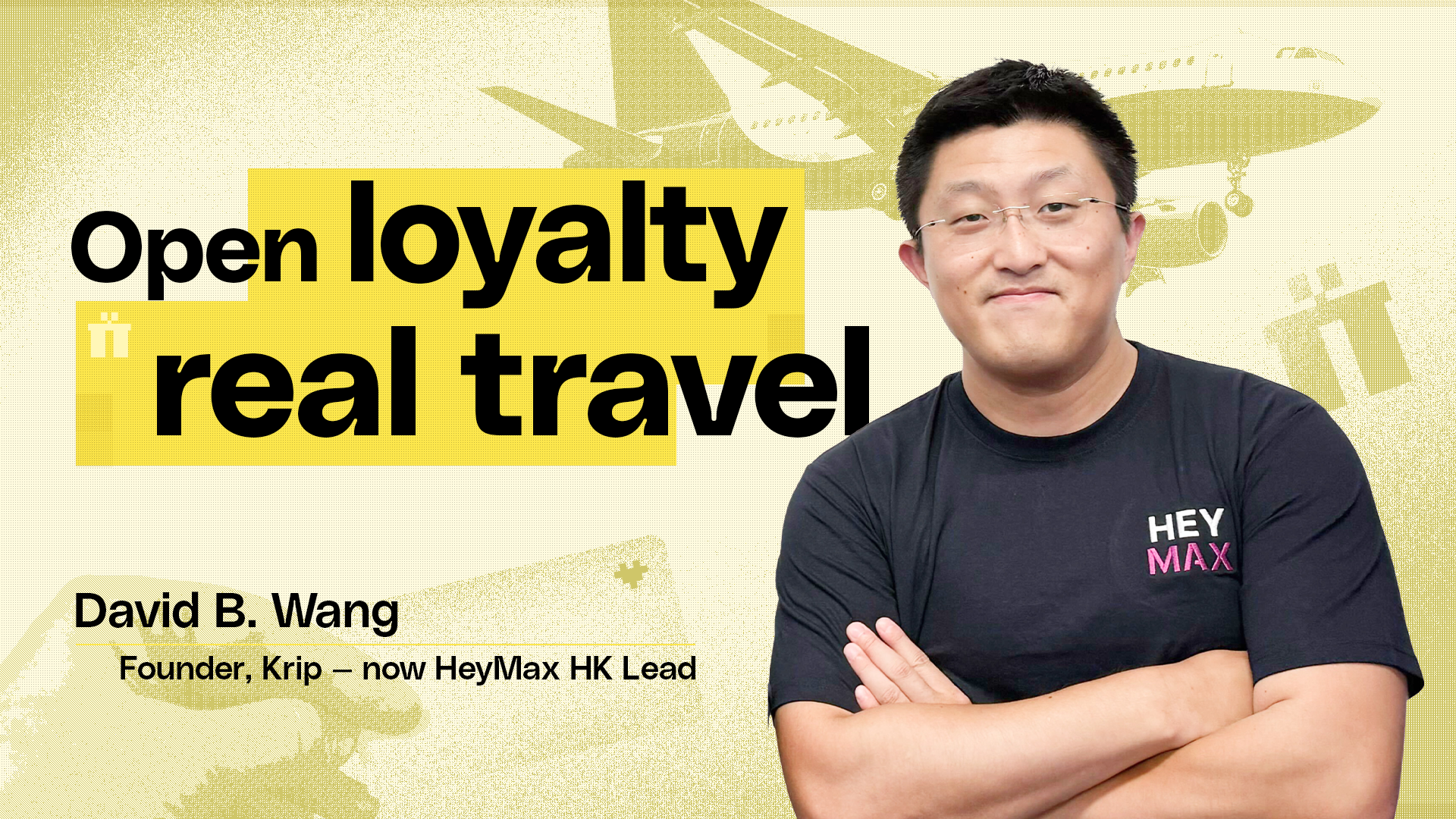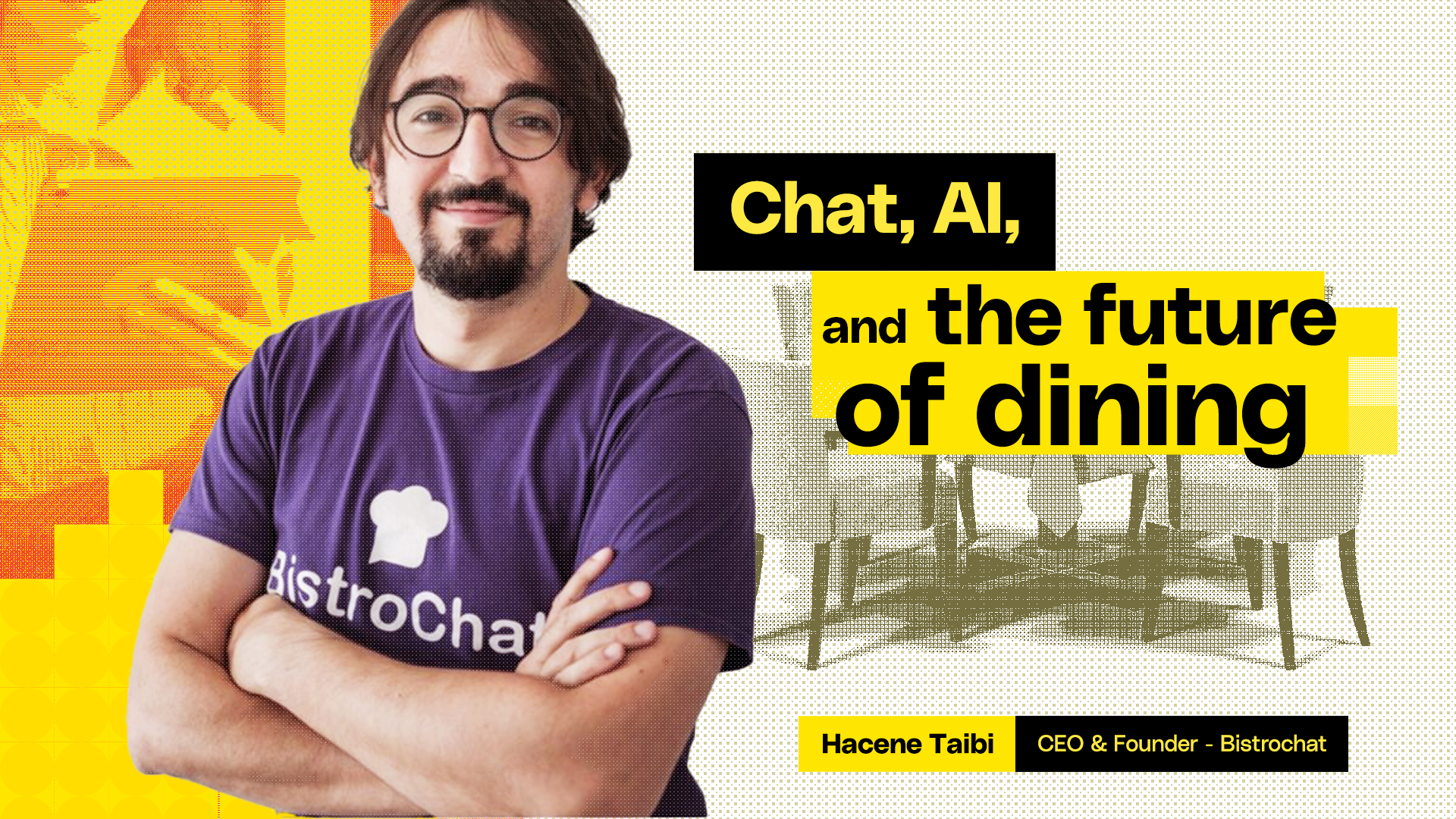
Hayk Hakobyan, PhD
"We are essentially in the business of predicting human behavior." Coming from Hayk Hakobyan, founder and CEO of InsightGenie, this bold claim carries the weight of someone who has spent years proving that human nature's seemingly unpredictable patterns can be decoded.
Hakobyan's journey began in nuclear physics, where he pursued a PhD driven by curiosity about how things work. But he discovered physics couldn't explain what truly mattered: "If you want to understand how individuals work... You have to understand how people are, not on a group, societal level, but individual."
This revelation led him through gamification and neuroeconomics, but unlike most academics, Hakobyan tested ideas in the real world. As VP of Innovation and Strategy at Mozambique's largest opposition media company, he faced a years-old challenge: getting distributors across the country to report news. Where salary incentives had failed, his gamification system succeeded within months. "I haven't even finished the class and I already had a success," he recalls.
Today, InsightGenie (formerly BizBaz) stands at the forefront of behavioural analytics. The company's flagship innovation analyses voice biomarkers to reveal personality traits invisible to traditional assessment. Speaking into the system reveals conscientiousness, emotional stability, impulsivity, and other characteristics with 80 percent accuracy.
👏 Dive deeper into this conversation and many others with innovative founders on the Unsensible Podcast, where we explore the future of technology, business, and investment:
The science behind it is remarkable. After puberty, Hakobyan explains, the human voice apparatus begins to carry hidden markers of our psychological state including stress, depression, and personality traits, embedded in ways imperceptible to the human ear. While we can't detect these subtle physiological changes in conversation, trained algorithms can decode them to reveal deep insights about character and predict future behaviour.
The applications are transformative. Banks can serve Asia's vast unbanked populations—in Indonesia alone, 80 percent of 270 million people lack bank accounts. Insurance companies better assess risk. HR departments move beyond unconscious biases that plague traditional interviews.
"The moment someone walks in, how they look, how they sit, how they're dressed 70%, 80% of the case it's already done," Hakobyan observes. His technology offers objective assessment in a world where "better looking people get ahead in their career" and biases persist unchecked.
But InsightGenie's vision extends beyond replacing flawed systems. By combining voice analysis with mobile behaviour patterns and other data, always considering context ("Context dictates how you will behave"), they're creating comprehensive human understanding.
Hakobyan envisions a future where behavioural transparency drives positive change. "If you know that your character is going to determine the quality of your future, you would want to do something about it." Young people could receive career guidance based on actual behavioural strengths rather than guesswork. Financial services could reach billions currently excluded by outdated credit systems from the 1980s.
The resistance from conservative financial institutions frustrates him. Despite available data from "internet, Uber, Facebook, voice assessment," he estimates "90 plus percent of all financial organizations still don't use it globally."
Yet Hakobyan remains optimistic. His team of "behavioral quants"—data scientists blending financial and behavioural analysis—represents a new breed of professional for a new era. Success would mean not just better risk assessment, but a world where people understand themselves better and find paths where they truly excel.
"We're trying to bring order out of chaos," he says simply. In an age where traditional methods fail billions of people, InsightGenie offers something revolutionary: the ability to see human potential clearly and help both organisations and individuals make better decisions about their futures.
Don’t miss out!










